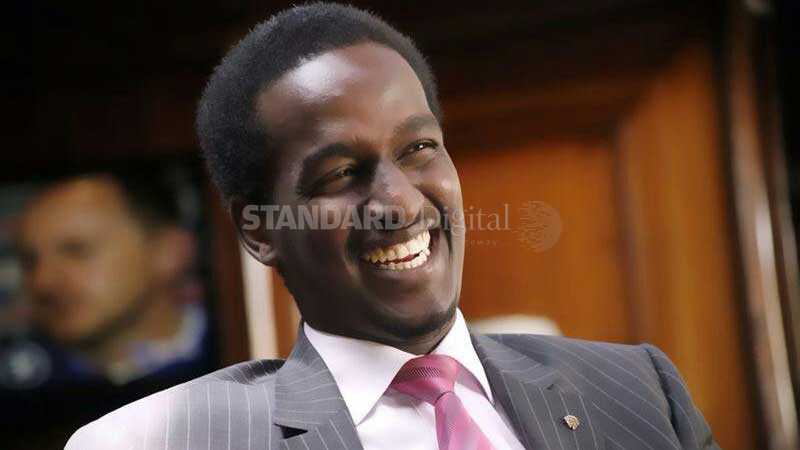×
The Standard e-Paper
Stay Informed, Even Offline

Perched in his 15th floor office at Cooperative Bank House in Nairobi, Fazul Mohamed pores over the skyline reminiscing on his controversial stint at the helm of the NGO coordination board.
The files of the NGOs he’s clamping in his sunset days at the board overflow from his desk to the glass window railings, obscuring the panorama of the city he has turned upside down in the last three years.